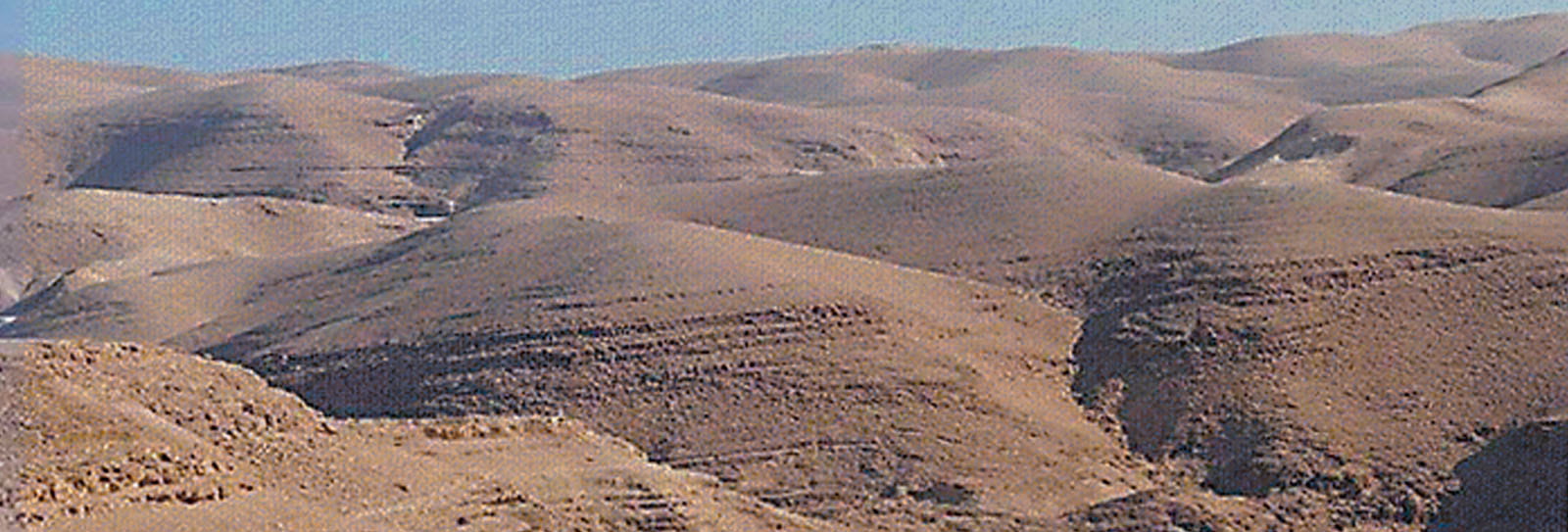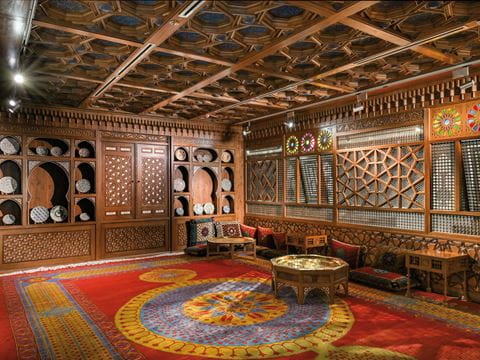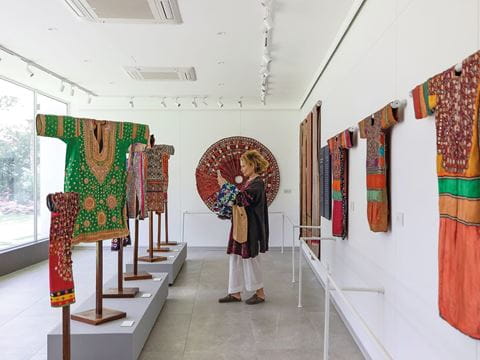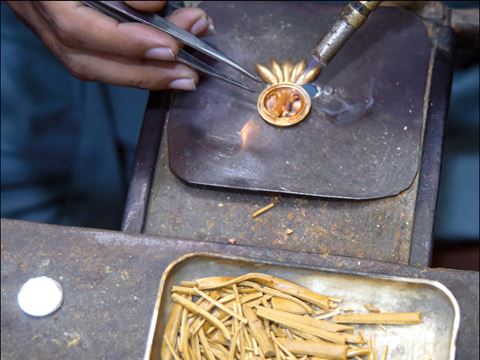
Conversation With British Travel Writer Matthew Teller
International travel in 2020 went from a luxury enjoyed by some to an impossibility endured by all. British travel writer and journalist Matthew Teller witnessed his livelihood become grounded more abruptly than most.
International travel in 2020 went from a luxury enjoyed by some to an impossibility endured by all. British travel writer and journalist Matthew Teller witnessed his livelihood become grounded more abruptly than most. After averaging two cross-border trips per month for 20 years, mostly to the Middle East, he found himself marooned in the UK. Confinement, however, offered him a silver lining: Just before the lockdown, the accomplished guidebook writer had finished researching his next work, on Jerusalem. For once he could reflect on the cumulative impact of his travels before jetting off on the next assignment. The result is Quite Alone, an anthology of travel writing, journalism and essays previously published between 2008 and 2019, whose title suggests a lamentation on our shared isolation. But these richly reported stories from 13 Middle Eastern countries provide something else: a meditation on the enduring value of meeting people where they are.
How much was publishing this book in 2020 meant to sate your own wanderlust?
You nailed it: This book was all about reminding myself of travel and remembering places I've loved. Eighteen months of lockdown is quite a change, but I'm loving staying still. I am missing friends and places, of course, but I don't miss the pace of travel at all.
Why has the Middle East so captivated you?
All sorts of reasons: the landscapes, the desert, the cultures. Wherever I've gone, whatever I've done, the ways people have welcomed me and sought to help have always inspired me. People's hospitality and care are never less than humbling. The other thing is what used to be called "bottom" a hard-to-define sense of solidity, even dependability and steadfastness, running through the cultures of the region and evoked in a thousand ways in everyday life and encounters that I find deeply fascinating and hugely attractive.
It seems that you counter journalistic coverage of the region that focuses on oil and conflict. How much are you driven by letting people and places speak for themselves?
That was a core motivation. I have been fortunate to build a platform for myself, and I wanted to use that to amplify the voices, outlooks and preoccupations of people I encountered. Having said that, I don't kid myself that my own filters and projections don't also overlay everything; they do.
What is the line between travel writing and journalism or is there one?
If I were to boil it down to a one-liner, might say this: A journalist should never be their own story; a travel writer sometimes must be.
The region has changed dramatically since 2008. Could this book be done in the same way now?
Some of the material would be impossible or very different. I'm thinking of the pieces on food in Syria or cultural heritage in Bahrain or artistic endeavor in Lebanon. Other pieces-climbing Jabal Harun in [Petra,] Jordan, walking in Palestine, researching heritage in Iraqi Kurdistan or Christianity in Dubai-may not be so different.
A few pieces focus on conservation, and you vividly describe oasis towns, wadis and landscapes. Is it important to you to portray natural beauty in a region stereotyped as forbidding and bleak?
It is. Part of that is unconscious-there is real beauty in landscapes across the region but part is a conscious reaction to the tide of negative stereotypes embedded in Western responses to the desert in particular. There's only so much I can take of descriptions like "barren" "wasteland" and the like before I start to question the assumptions underpinning them.
When we do start traveling again, where will you go first? How do you go about uncovering new destinations?
I hope to get back to Jerusalem by March 2022, the publication date for my new book. As for finding new destinations, people are where the stories are, and listening is always the best way to travel.
You may also be interested in...

Handmade, Ever Relevant: Ithra Show Honors Timeless Craftsmanship
Arts
“In Praise of the Artisan,” an exhibition at Ithra in Dhahran, Saudi Arabia, aims to showcase Islamic arts-and-crafts heritage and inspire the next generation to keep traditions alive.
Nasreen ki Haveli: Pakistani Textile Museum Fulfills a Dream
Arts
Collector Nasreen Askari and her husband, Hasan, have turned their home into Pakistan’s first textile museum.
Sisters Behind HUR Jewelry Aim To Honor Pakistani Traditions
Arts
Culture
What began with a handmade pair of earrings exchanged between sisters in 2017 has evolved into a jewelry brand with pieces worn in more than 50 countries.

